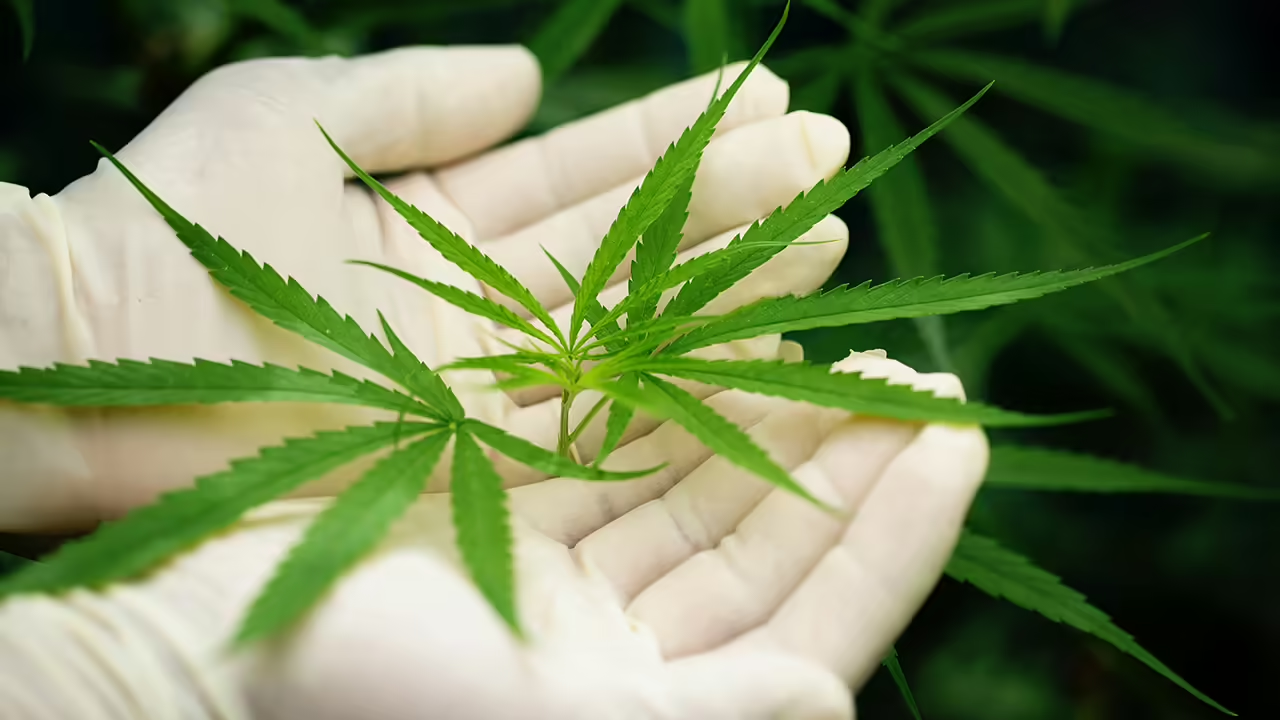Think Tank Evaluates Impact of ‘Miller Amendment’ on the CBD Industry
Summarize

Since the introduction of the proposed amendment to the Farm Bill by Rep. Mary Miller, the CBD industry has been concerned about its impact if passed as written. Known as the Miller Amendment, it was first believed the wording would effectively ban the sale of CBD. The Congressional Research Service, a think tank providing Congress with nonpartisan policy analysis, has closely evaluated the Miller Amendment and concluded it would not prohibit all hemp cannabinoid products but does redefine hemp.
The Miller Amendment makes two main changes to the current Farm Bill. One is redefining hemp, currently defined based on its delta-9 THC content, to a definition that says a hemp designation is based on the total THC and THCA concentration. The current limit of 0.3% THC in hemp is changed to a limit of 0.3% THC plus THCA. THCA is the acidic precursor to THC. The second change is that hemp products can only contain naturally occurring or derived non-intoxicating products.
The Congressional Research Service report says,
“This would not prohibit all hemp cannabinoid products, such as CBD, but would require determinations by USDA based on available scientific research and quantification methods. This approach recognizes the rapidly evolving landscape of hemp derivatives.”
The exclusion of synthetic compounds from hemp would mean compounds like delta-8 THC, delta-10 THC and all the others developed in a lab and added to CBD extracts are not allowed.
Noted is that the amendment does not explicitly define industrial hemp, even though it mentions industrial hemp to distinguish it from plants grown for their psychoactive compounds. Instead of a specific definition, it simply refers to hemp as grown for fiber and for “whole grain, oil, cake, nut, hull, or any other non-cannabinoid compound, derivative, mixture, preparation, or manufacture of the seeds of such plant.”
The appearance of various synthetic hemp compounds has gained the attention of the U.S. Drug Enforcement Agency. The Hill Amendment was written with the idea of ending access to untested, potentially psychoactive products labeled as CBD, especially for children and young adults. Though the intentions are good, there are still some questions about the full impact of the legislation. The FDA says that products containing CBD, THC, and other cannabinoids fall under its jurisdiction per the Federal Food, Drug, and Cosmetic Act, so it remains illegal to sell CBD or THC products as dietary supplements, even when the compounds are obtained from the hemp plant.
So, the Hill Amendment still does not keep up with the marketplace selling legal CBD products. If the Hill Amendment passes, it will still not assist the CBD industry with gaining FDA approval for CBD products despite the growing body of evidence that CBD is safe and effective.
Share this post


0